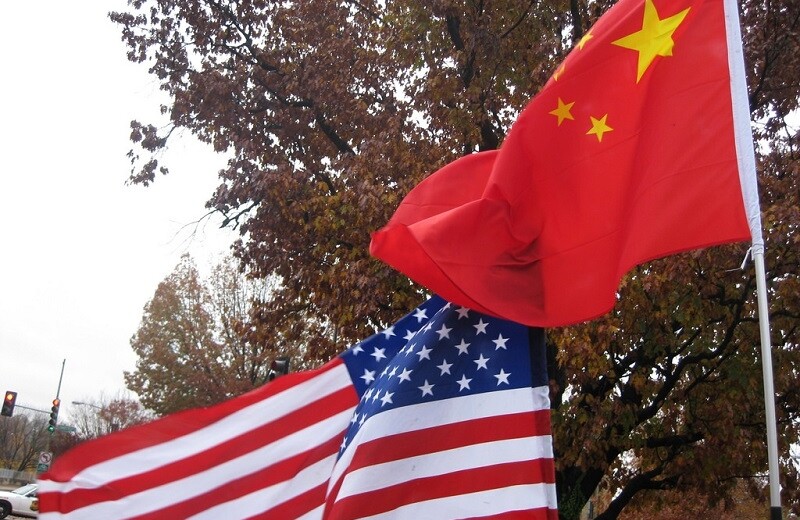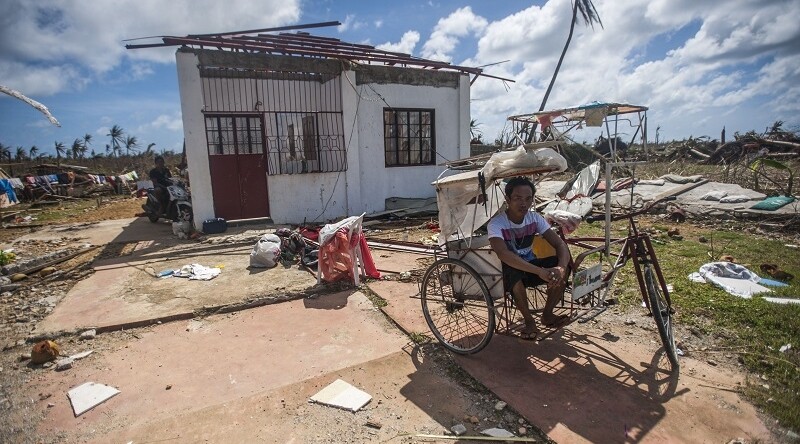The Philippines would be a sound partner for the United States and China to cooperate with each other via newly-minted joint HADR operations, argues Austin McKinney. This excerpt is from an article first posted in Diplomatic Courier on December 5, 2018, and is reposted here with permission. The author wrote this piece as a result of being a Carnegie Council Pacific Delegate on a Carnegie Council Asia Dialogues delegation to the Philippines in October 2018.
Despite the temporary trade-truce called by the United States and China during this past weekend's G20 summit in Buenos Aires, official relations between the two countries remain at their lowest point in decades. Newsreels continually highlight the role of the escalating trade-war in the increasingly fractured relationship (symbolized by erecting new tariffs, blocking investments, and filing WTO disputes), as well as the harsher political rhetoric that is fraying bonds even further (typified Vice President Pence's speech in October). Much less cited, however, has been the recent deterioration in military relations between the two powers.
Military tensions in the South China Sea over disputed-sovereignty, freedom-of-navigation, and island-militarization have boiled over. In May, the United States rescinded China’s invitation to participate in its biennial multilateral Rim of the Pacific Exercise (after China had participated in 2014 and 2016). "RimPac" involved 27 nations in a display of international military cooperation in the region, and excluding China sent a strong signal. More alarmingly, it eliminated the only formal, large-scale military cooperation effort the two countries had maintained with one another. More recently, American and Chinese warships narrowly avoided a high-seas collision in these same disputed-waters. The Pentagon accused the Chinese Navy of using "an unsafe and unprofessional maneuver" and the Chinese accused the Americans of threatening their "sovereignty and security." It's clear that economic and political disagreements are spilling over into the military realm.
The darkening cloud over military relations creates real risks that miscommunication, misunderstanding, or even a complete accident could lead to unwanted conflict between the world's two superpowers. For the sake of global security, the United States and China must quickly identify new productive mechanisms to strengthen military-to-military relationships with one another. Joint Humanitarian Assistance and Disaster Response (HADR) operations present an effective, and relatively noncontroversial, way for the U.S. and China to do just that.


